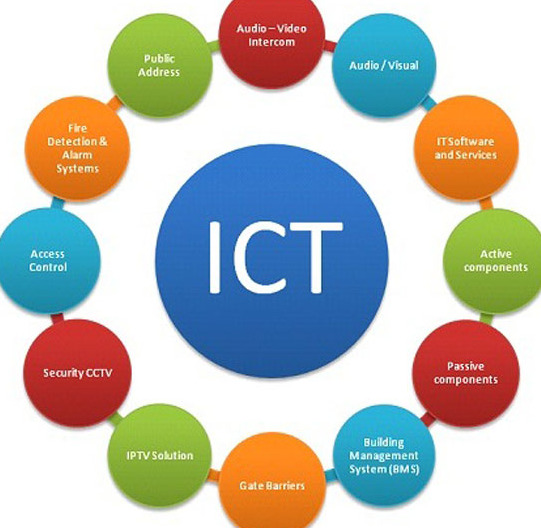
BUDGET season has arrived. That time of the year when ministries prepare a list of projects to be achieved, and money is allocated to achieving these objectives.
Of course, this is a complex process, but it leaves a nagging question. Are we getting more value from our government each year?
Consider the resources devoted by the government towards the identification of amounts to be spent by the various ministries, departments and agencies. Can you see increasing efficiency in spending? For example, signs of integration or synergy to increase the efficiency of the money spent.
For many of us, with limited funds to spend, this budgeting process involves some prioritisation, cross-fertilisation of ideas, and sacrifice to maintain control of the affordability of our plans. You might eat out less, and take a packed lunch to work. You might even walk to work to get some exercise and to keep fit without going to the gym every day. Do you recognise this cost-saving mindset as something you practise at home or at work?
Within the computer industry, machines get more powerful each year. If you bought a computer last year, and you intend to buy another machine this year, then you should be saving some money. Sounds confusing? Think about it this way, either:
* You spend less money to buy the same computer; or
* You spend the same money, so you should get a better computer.
This trend in the ICT market has been witnessed by many industry observers (including this author) over several years. In general, if you are not gaining in some material way when you spend the budget allocated to you, then something has gone wrong, maybe with your budget forecasts, with your plans, or possibly with your understanding of the market and its trends.
Especially if you work in a large business environment or a government department, you should monitor the outcome to ensure that you have spent the funds in a wise and responsible manner. Have you observed an increase in your purchasing costs, or your licensing costs? Take a closer look. Do you observe a correspondingly larger benefit being realised? If not, something may have gone wrong.
Basically, when you are spending more, you should ensure:
* the cost of production is getting cheaper; or
* the rate of production is getting faster; or
* the quality of the output is getting better.
Something must be better, cheaper or faster, otherwise, shame on you! You have misspent your money. No talent is needed when you spend and you do not secure some benefit. That just takes laziness and wastage. Just imagine if the government spent your hard-earned tax dollars in this manner. Or maybe if your bank or favourite credit union spent your money without giving you a better deal.
Do you have a licence to spend? If you are affected by the belt-tightening taking place around you, then prepare to justify and account for what you spend.
Please continue to share your timely views on these articles. Contact the author at: www.datashore.net or via The Voice.





![Simón Bolívar - Liberator of the Americas [Photo credit: Venezuelan Embassy]](https://thevoiceslu.com/wp-content/uploads/2025/12/Simon-Bolivar-feat-2-380x250.jpg)



